According to the proposal submitted by Brussels, €88–100 billion from the EU budget would be allocated to Ukraine, while up to €84 billion would be cut from the Common Agricultural Policy (CAP) budget. How do you envision protecting Hungarian agriculture if other member states do not stand up for their farmers as Hungary does?
We are not alone in this matter; there is widespread outrage throughout the European farming community. This was evident from the large turnout at the farmers’ protest in Brussels.
Farmers and their advocate organizations came from all over Europe, and a lot of irate speeches could be heard. They have every reason to be upset, as the new budget plans would reduce agricultural subsidies by an amount equivalent to 33 trillion forints (approx. €84 billion).
At the same time, they plan to give 40 trillion forints (approx. €100 billion) to Ukraine. Based on this, saying that the farmers’ money is being handed over to Ukraine is not a mere claim but a cold, hard fact. What Ursula von der Leyen and her team have put on the table is outrageously untenable.
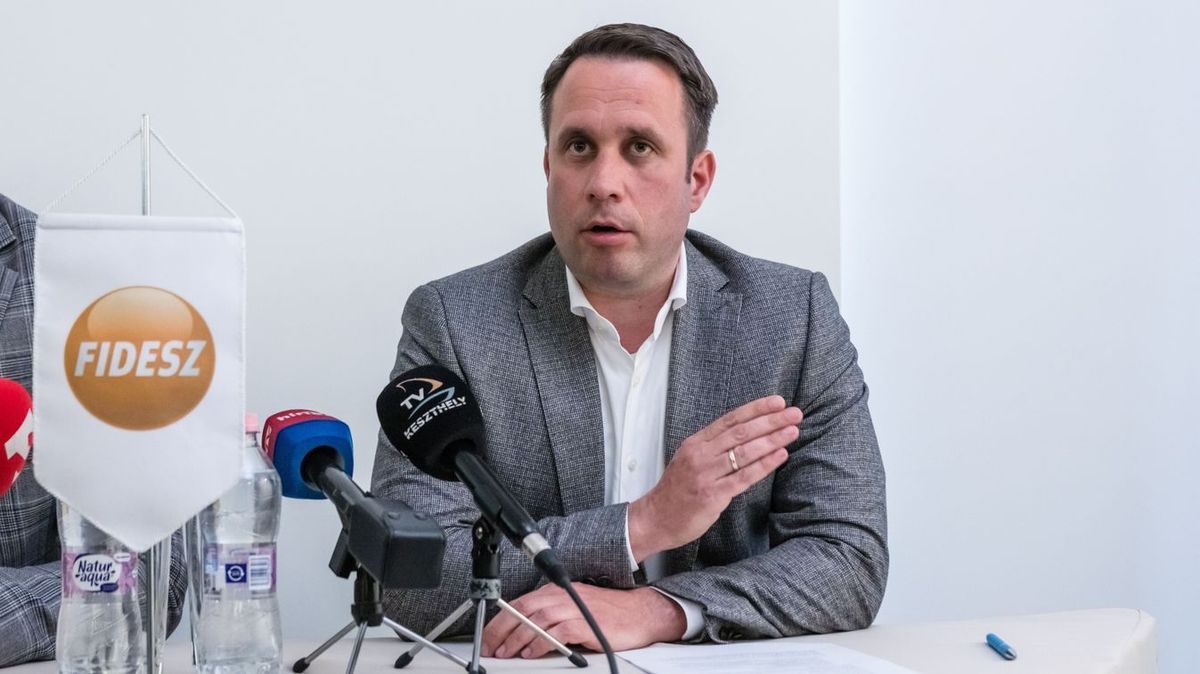
What new alliances or coalitions do you see forming in Brussels to protect agriculture?
After the aforementioned protest, we rushed back to the agriculture committee meeting, where the commissioner for agriculture presented the new plans in detail. I have never attended such a tense meeting. The outrage extended well beyond our faction, which leads me to believe that the rejection will be much broader.
Many MEPs and governments now have to explain to the people in their countries how it is possible that they are planning to cut agricultural subsidies by at least 20%. Now that the figures are out, they must face their citizens.
It is also clear that there is a significant amount of hypocrisy involved. Those grand coalition MEPs—socialists and members of Weber’s European People’s Party (EPP)—who are now criticizing the plan, were lined up just a week ago voting in support of Ursula von der Leyen. They are therefore responsible for this situation, as is the Tisza Party. The Patriots for Europe group was the only one that opposed these planned cuts from the very beginning, even within the agriculture committee.
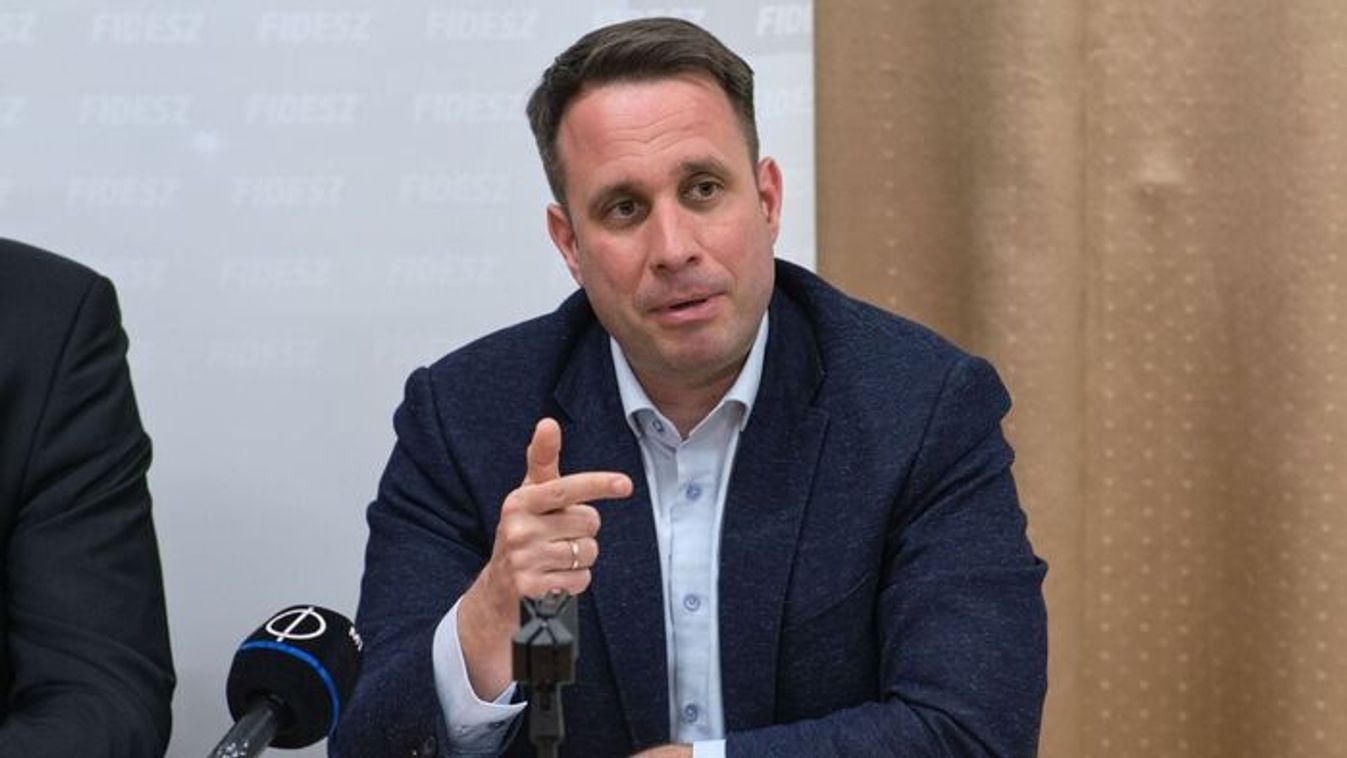
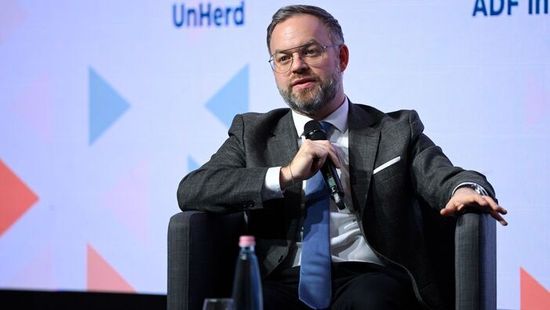

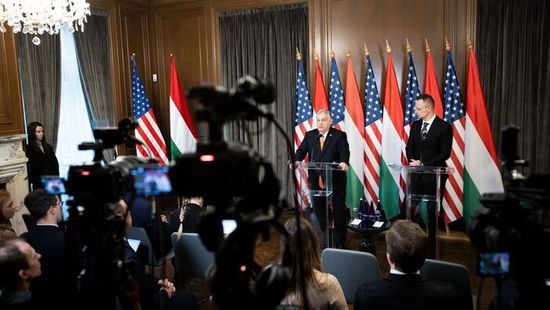
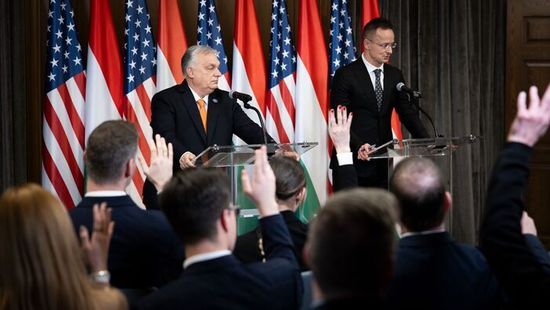


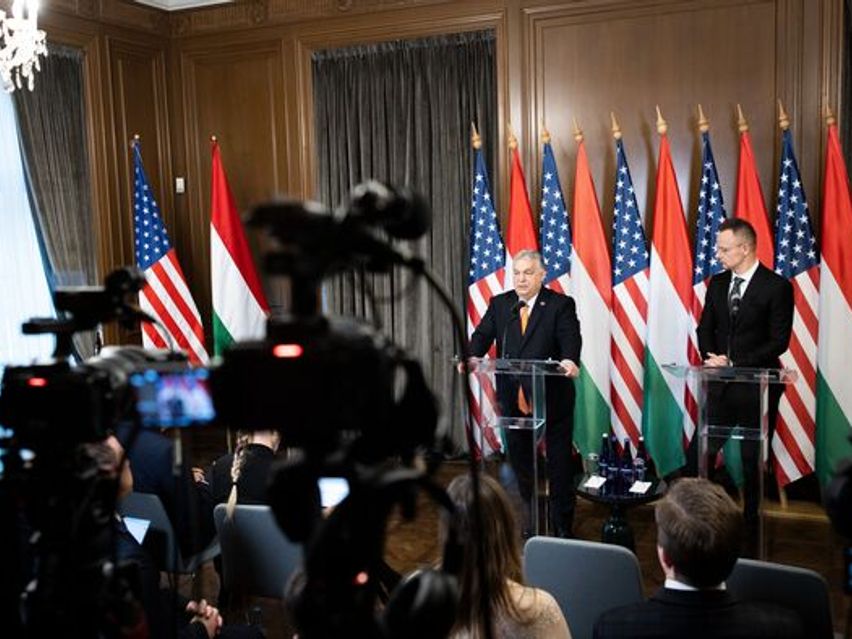

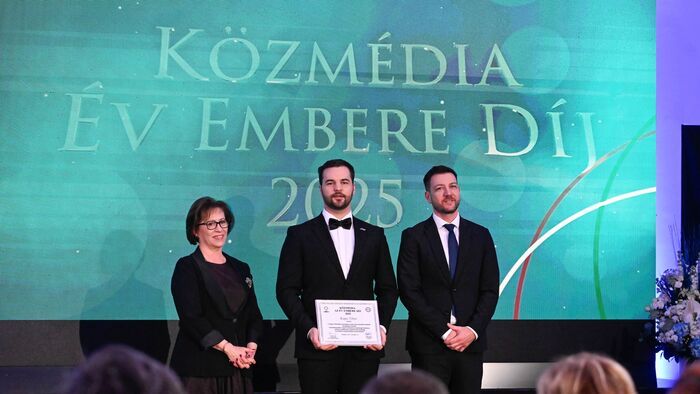

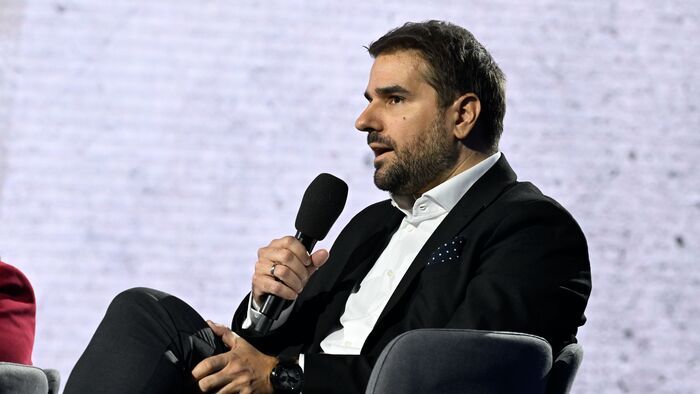

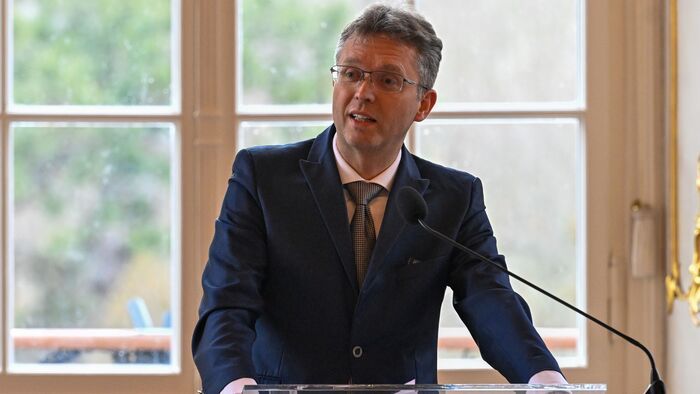

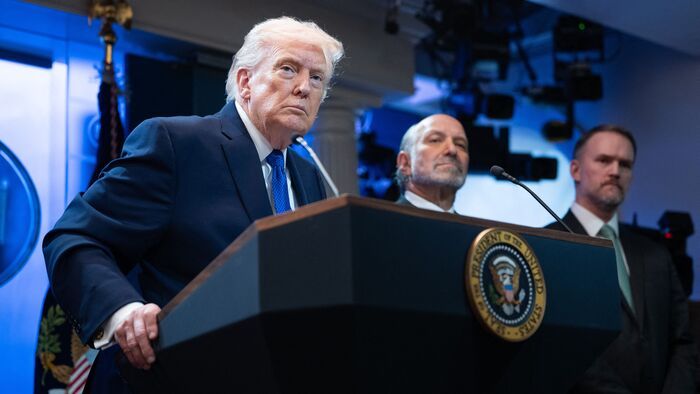
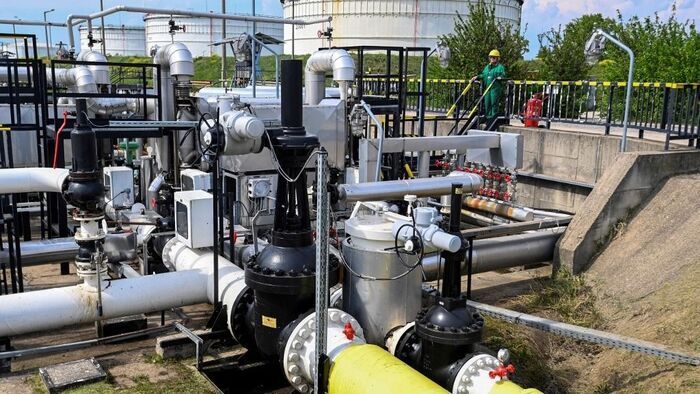
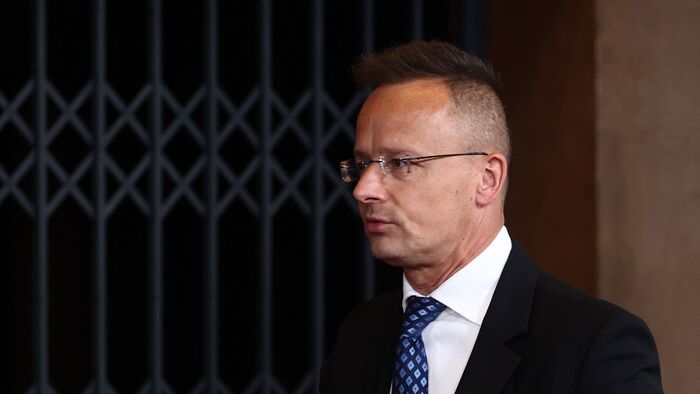

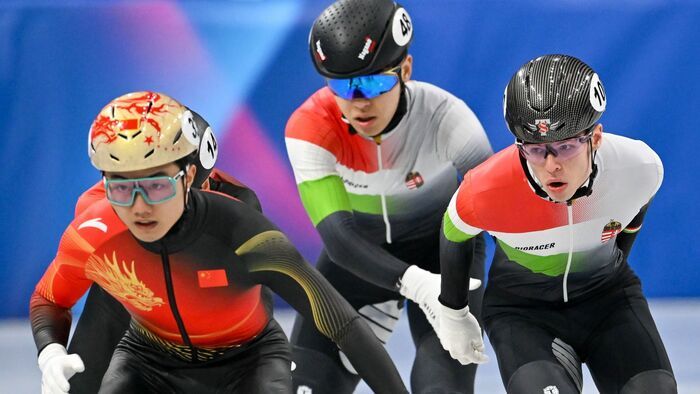
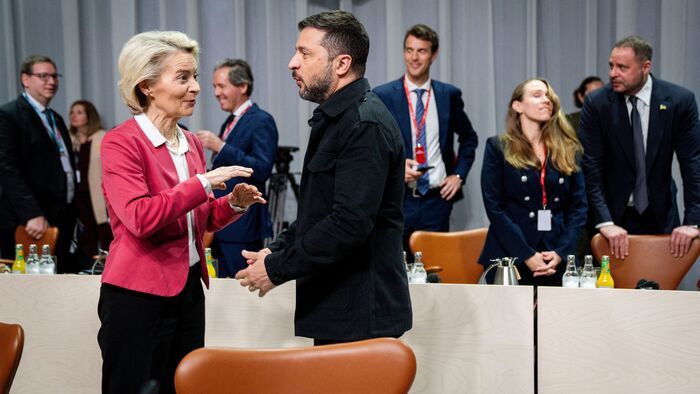
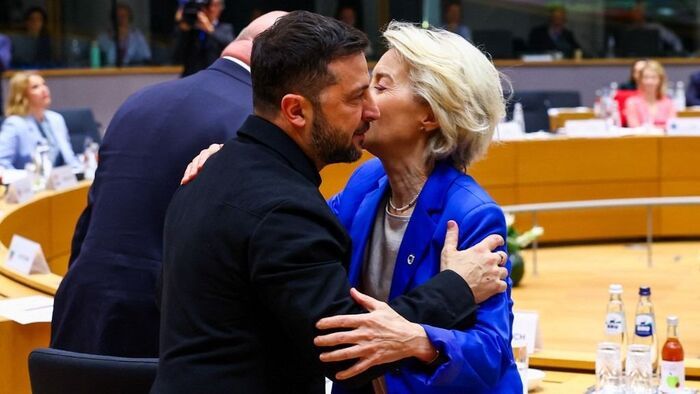

Szóljon hozzá!
Jelenleg csak a hozzászólások egy kis részét látja. Hozzászóláshoz és a további kommentek megtekintéséhez lépjen be, vagy regisztráljon!